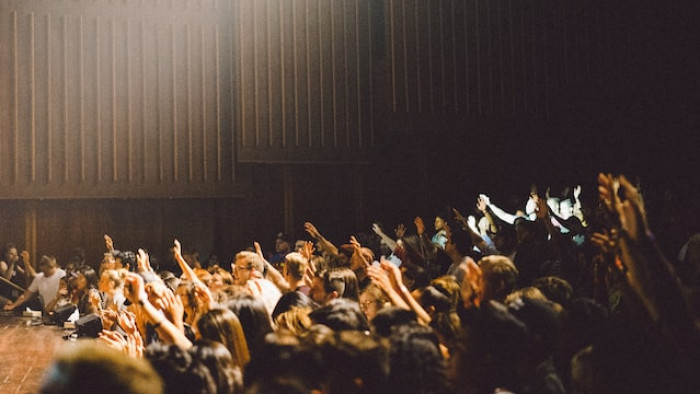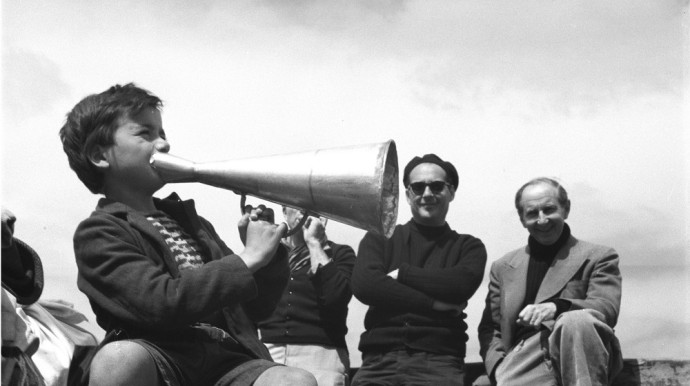ITINERARY. Democracy under scrutiny
Democracy, a much-used, one might even say hackneyed, term. A flag branded as an alibi for almost everything. But what does democracy mean today? Episodes of various kinds shake it almost constantly, redefining it, and in recent times this is by no means an exception. It is therefore pertinent to question its capacities, the cracks in it, to take the temperature of its present evolution and, if possible, to try to project it in the medium and long term.
12 October is an ideal date, like few others, to question whether it is possible for the state to relate neutrally to all its citizens. It is also an opportunity to discuss what happens when citizens' preferences conflict with the constitutional framework and how this should be resolved. It will be in the sessions A neutral state? and Can democracy clash with the constitution?, respectively. With a more geographically contextualised approach, the day will close with a roundtable that will take a closer look at the Southern Europe democracies, under exam, diagnose their historical scars and establish similarities and differences between the individual cases.
Many more questions arise, and some of them are raised by sessions of interest such as How to make public opinion democratic?, which will examine how apparently significant citizen opinions are shaped, or Why don't the poor expropriate the rich?, which under this provocative title proposes a reflection on the degree of redistribution of wealth that current democratic systems admit.
In The Art of Listening, this is exactly what the American political scientist Jane Mansbridge wishes for the citizens of today and tomorrow: the ability to listen to what others say as a tool to guarantee the (good) future of democracy. And from the opportunities to the threats, those posed by the difficulty of expression of a hypothetical government of the people when the framework is that of societies in which economic affairs are wanted beyond the reach of political intervention. Chantal Mouffe will talk about this in The Neoliberal Threat to Democracy.
And the debates around these questions don't end here: Deglobalisation? is a conversation that asks whether the concept of the title can become a more or less viable reality in the not too distant horizon or whether it is no more than an aspiration, sometimes emancipatory, sometimes reactionary. At the weekend, in Gràcia, The frontiers of democracy or the current and true meaning of political representation will also be on the lookout.
And at the +Biennial...
The Ernest Lluch Foundation, in collaboration with the "la Caixa" Social Observatory, invites us to debate how we can continue to finance our democracies and the European welfare state in the new geopolitical context. It will take place on Thursday 13th at the Palau Macaya in a meeting eloquently entitled Sustainable Strategies for Financing Democracy. Economic Perspectives of the Spanish and European Economy.


